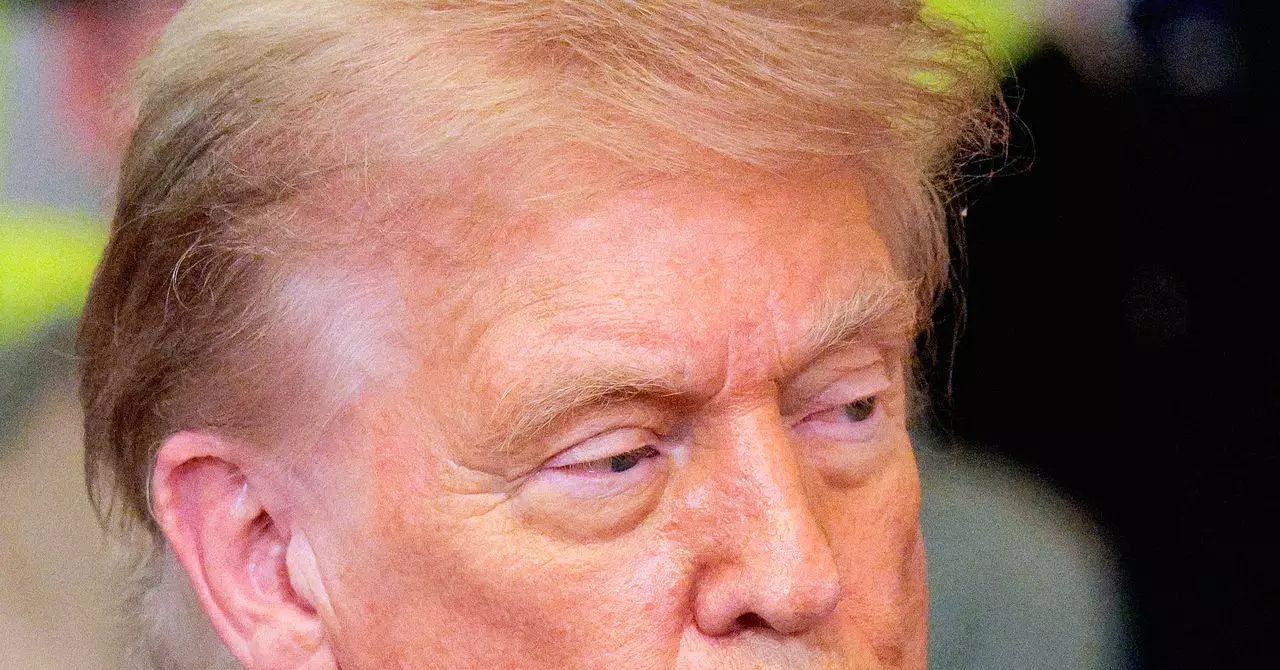The current legislative battle over artificial intelligence regulation reveals a troubling trend in how power dynamics shape the future of technology governance. At the center of this conflict lies the so-called “AI moratorium” provision, originally drafted to impose a ten-year pause on state-level AI regulations. On the surface, this moratorium might seem like a reasonable effort to create uniform federal standards for AI, but a deeper examination exposes its far-reaching and potentially detrimental consequences. The provision, pushed by influential figures within the White House and venture capital circles, risks undermining meaningful protections for everyday citizens in favor of safeguarding the interests of colossal technology corporations.
The Illusion of Compromise: Carve-Outs and Conditional Exemptions
In an attempt to quell widespread backlash, lawmakers recently revised the moratorium by shortening the pause from ten years to five and introducing carve-outs for certain state laws addressing child safety, deceptive practices, and right of publicity issues. However, these exceptions come with strings attached—protected state laws must not impose “undue or disproportionate burdens” on AI systems. This seemingly technical caveat effectively opens a loophole large enough to let Big Tech evade accountability, as it grants these companies a powerful new defense against regulation. The language is opaque, but its implications are clear: AI systems may continue operating freely, even when their actions harm vulnerable populations.
Such legal gymnastics illustrate an unsettling willingness among some legislators to undermine state-level innovation and grassroots protections. For example, states like Tennessee have taken proactive steps to combat AI-generated deepfakes that exploit musicians’ likenesses without consent—an issue with tangible cultural and economic impact. Efforts like these deserve full support rather than conditional exemptions that risk becoming meaningless once weighed against corporate lobbying and vague legal standards.
Divisions Within Political Ranks Highlight Broader Concerns
Notably, the shifting stances among senators—such as Marsha Blackburn, who oscillated between supporting and opposing the moratorium—reflect broader ideological conflicts regarding AI’s regulation. Blackburn’s flip-flopping underscores the tension between protecting local industries and addressing national tech monopolies’ influence. Meanwhile, criticism isn’t limited to ideological boundaries; opposition from a spectrum stretching from labor unions wary of federal overreach to far-right commentators concerned about inadequate enforcement reveals how the moratorium misaligns with diverse public interests.
This dissonance suggests that the moratorium debate is less about bipartisan consensus on AI policy and more about jockeying for control over the regulatory narrative. The moratorium’s purported aim—to shield emerging AI technologies from a hodgepodge of inconsistent state laws—is cloaked in technocratic jargon but serves as a shield to delay meaningful reforms.
Why the Moratorium is a Threat to Public Safety and Innovation
The proposed moratorium disproportionately disadvantages those who seek to use legislation for protective purposes. Advocacy groups dedicated to child safety, privacy, and digital rights have raised alarms about the moratorium’s expansive scope potentially stifling crucial state-level initiatives. Particularly troubling is the “undue burden” clause, which could be weaponized to block state laws from curbing AI misuse in everything from misinformation campaigns to invasive profiling.
Rather than fostering innovation, this provision risks ossifying the current power structure where Big Tech companies dictate terms without robust oversight. The argument that uniform regulation across states is necessary doesn’t hold if the resulting federal framework acts as a rubber stamp for corporate interests.
Furthermore, the dynamic wherein exemptions exist yet are tethered to rules that nullify their efficacy reveals a legislative strategy designed to placate critics while quietly entrenching corporate impunity.
The Urgency of Transparent, Balanced AI Policies
The ongoing AI moratorium controversy highlights the urgent need for transparent, balanced policymaking that prioritizes public welfare over commercial interests. Real progress demands legislation that empowers states to experiment with protections while establishing thoughtful federal guidelines that ensure accountability, not immunity.
While technological advancement is essential, unchecked AI development under weak regulatory regimes risks deepening societal inequalities and eroding digital safety. The current legislative approach to the AI moratorium exemplifies how political maneuvering can obscure the fundamental ethical considerations at stake.
Going forward, stakeholders—from policymakers to civil society—must recognize that compromising on robust AI protections under pressure from tech monopolies ultimately betrays public trust and hampers responsible innovation. The conversation around AI governance deserves more clarity, courage, and a re-centered focus on safeguarding human rights amidst rapid technological change.

